| Date of Action |
Assembly Actions -
Lowercase Senate Actions - UPPERCASE |
|---|---|
| Dec 19, 2025 |
approval memo.53 signed chap.672 |
| Dec 08, 2025 |
delivered to governor |
| Jun 17, 2025 |
returned to senate passed assembly ordered to third reading rules cal.885 substituted for a74 |
| May 27, 2025 |
referred to real property taxation delivered to assembly passed senate |
| Feb 10, 2025 |
advanced to third reading |
| Feb 05, 2025 |
2nd report cal. |
| Feb 04, 2025 |
1st report cal.263 |
| Jan 08, 2025 |
referred to veterans, homeland security and military affairs |
-
-
Floor Vote: May 27, 2025
aye (59)- Addabbo Jr.
- Ashby
- Bailey
- Baskin
- Borrello
- Brisport
- Bynoe
- Canzoneri-Fitzpatrick
- Chan
- Cleare
- Comrie
- Cooney
- Fahy
- Fernandez
- Gallivan
- Gianaris
- Gounardes
- Griffo
- Harckham
- Helming
- Hinchey
- Hoylman-Sigal
- Jackson
- Kavanagh
- Krueger
- Lanza
- Liu
- Martinez
- Mattera
- May
- Mayer
- Murray
- Myrie
- O'Mara
- Oberacker
- Ortt
- Palumbo
- Persaud
- Ramos
- Rhoads
- Rivera
- Rolison
- Ryan
- Ryan
- Salazar
- Sanders Jr.
- Scarcella-Spanton
- Sepúlveda
- Serrano
- Skoufis
- Stavisky
- Stec
- Stewart-Cousins
- Sutton
- Tedisco
- Walczyk
- Webb
- Weber
- Weik
-
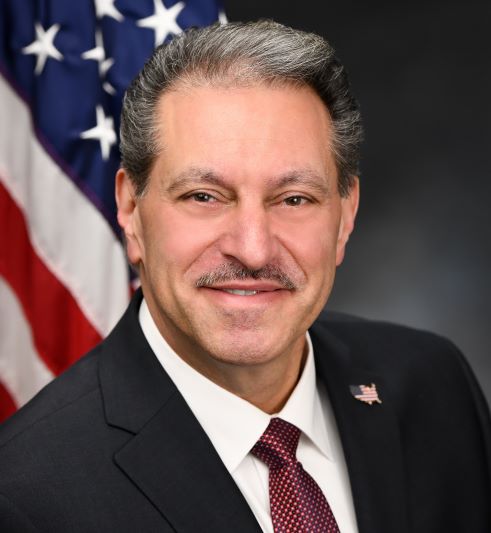
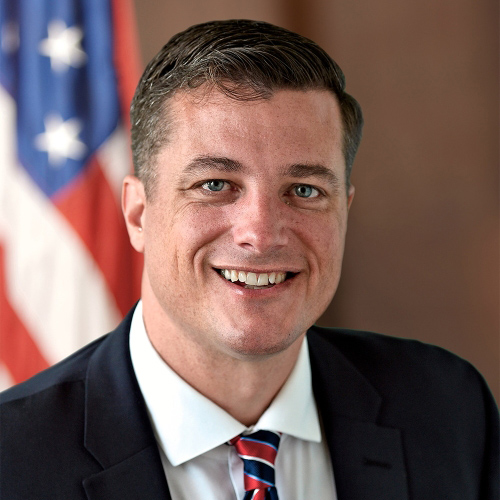
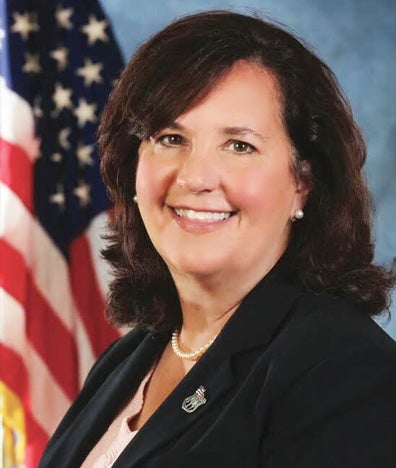
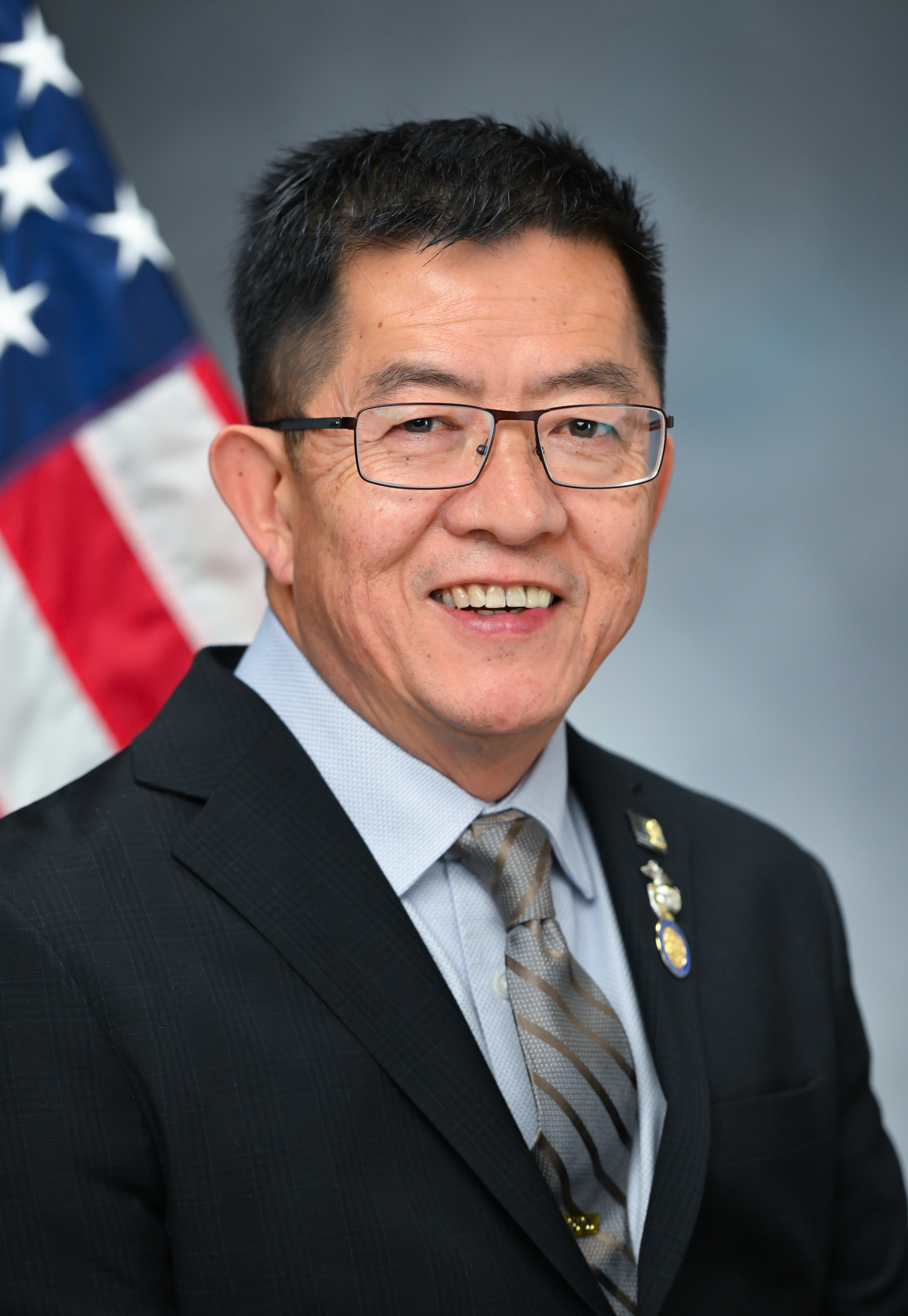


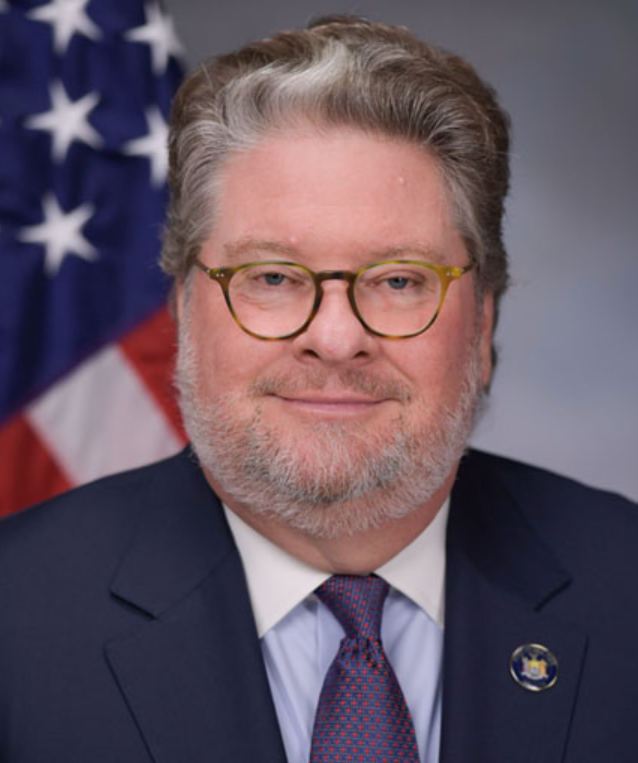

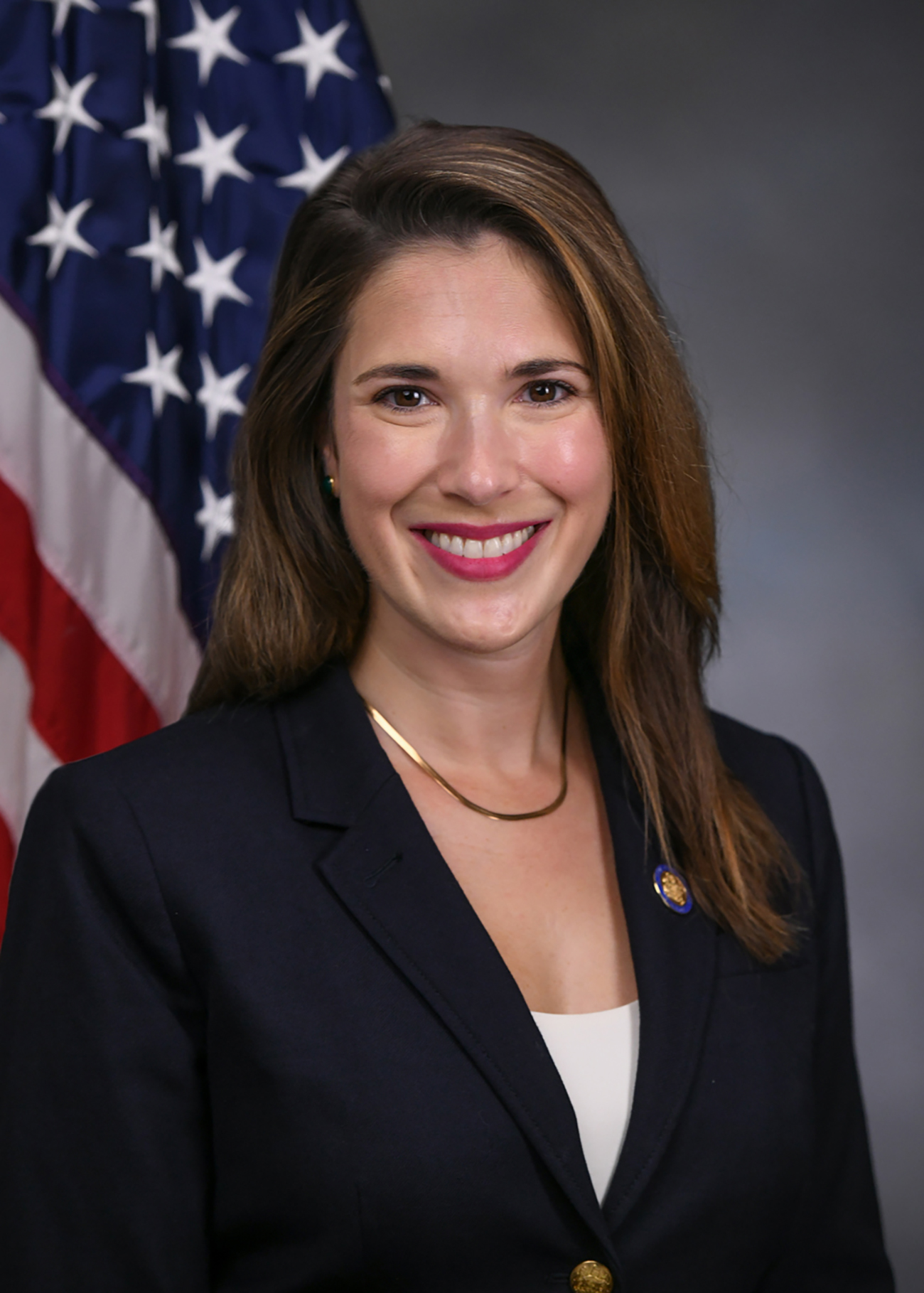

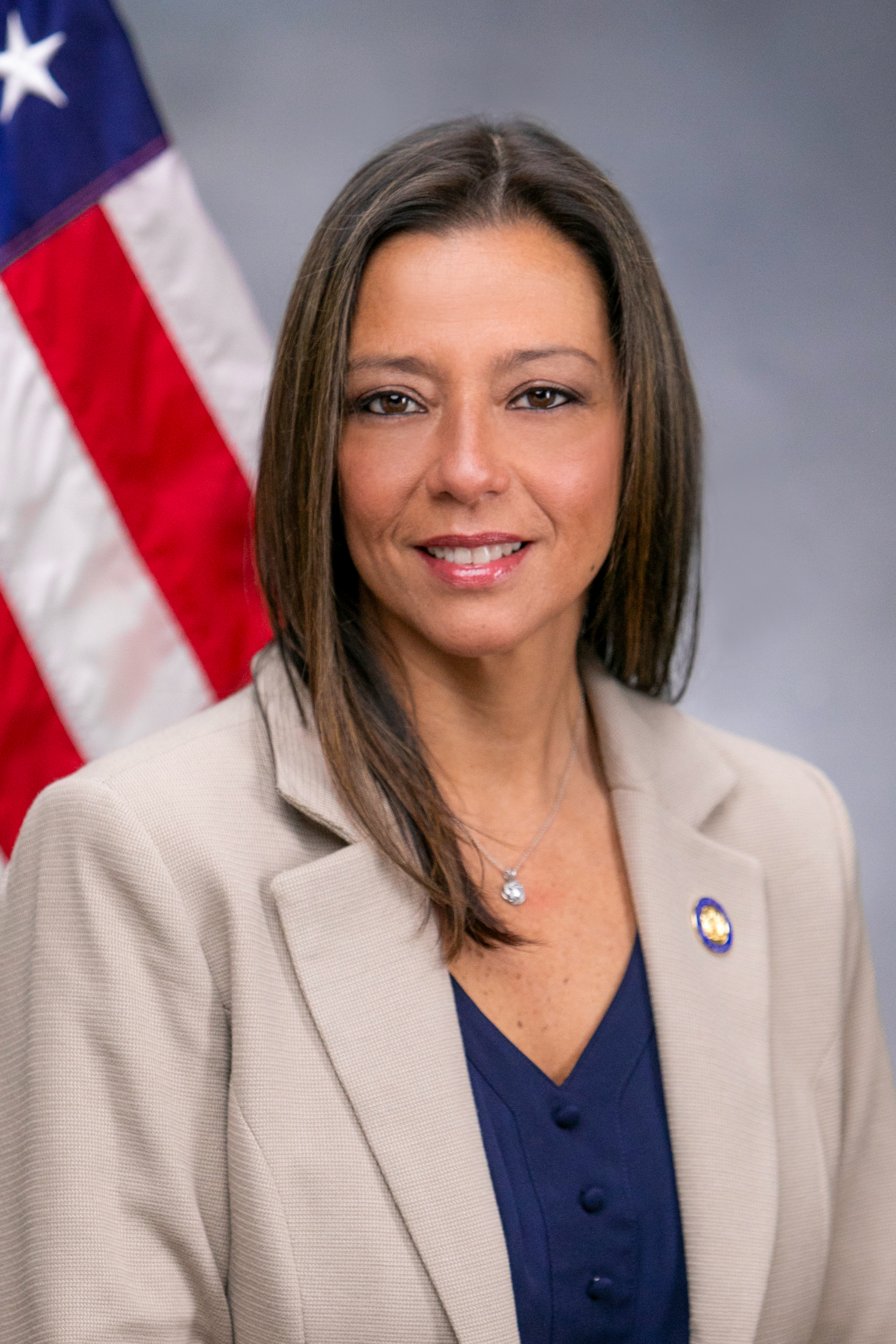
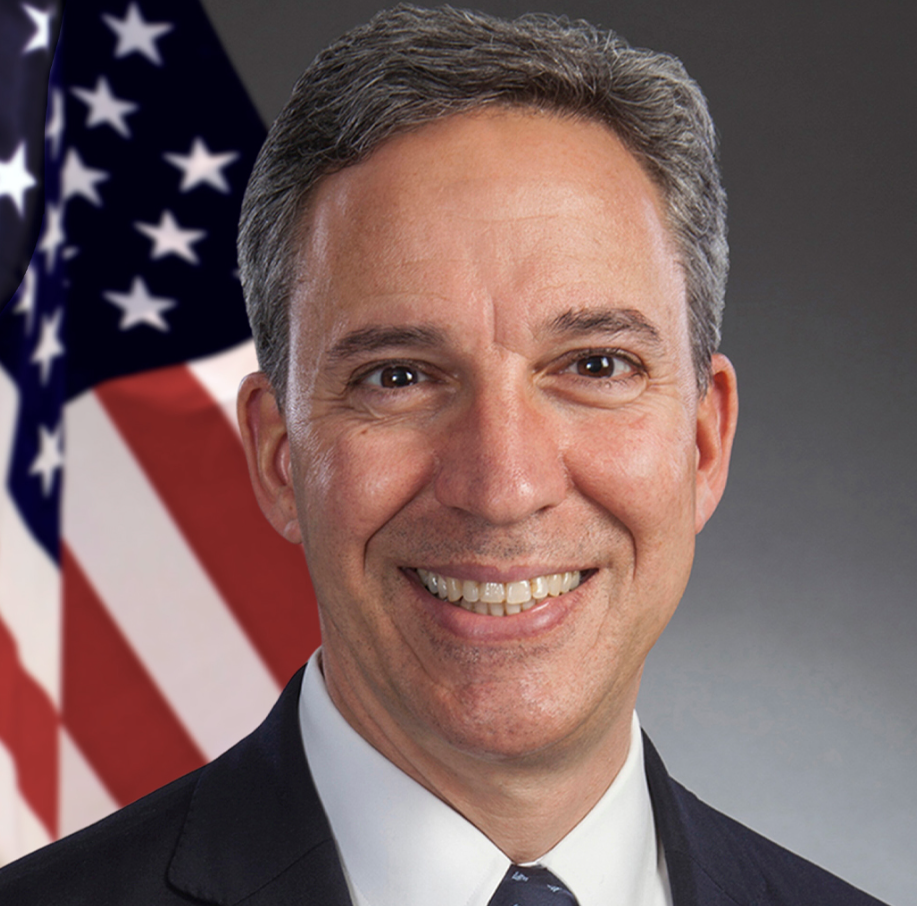
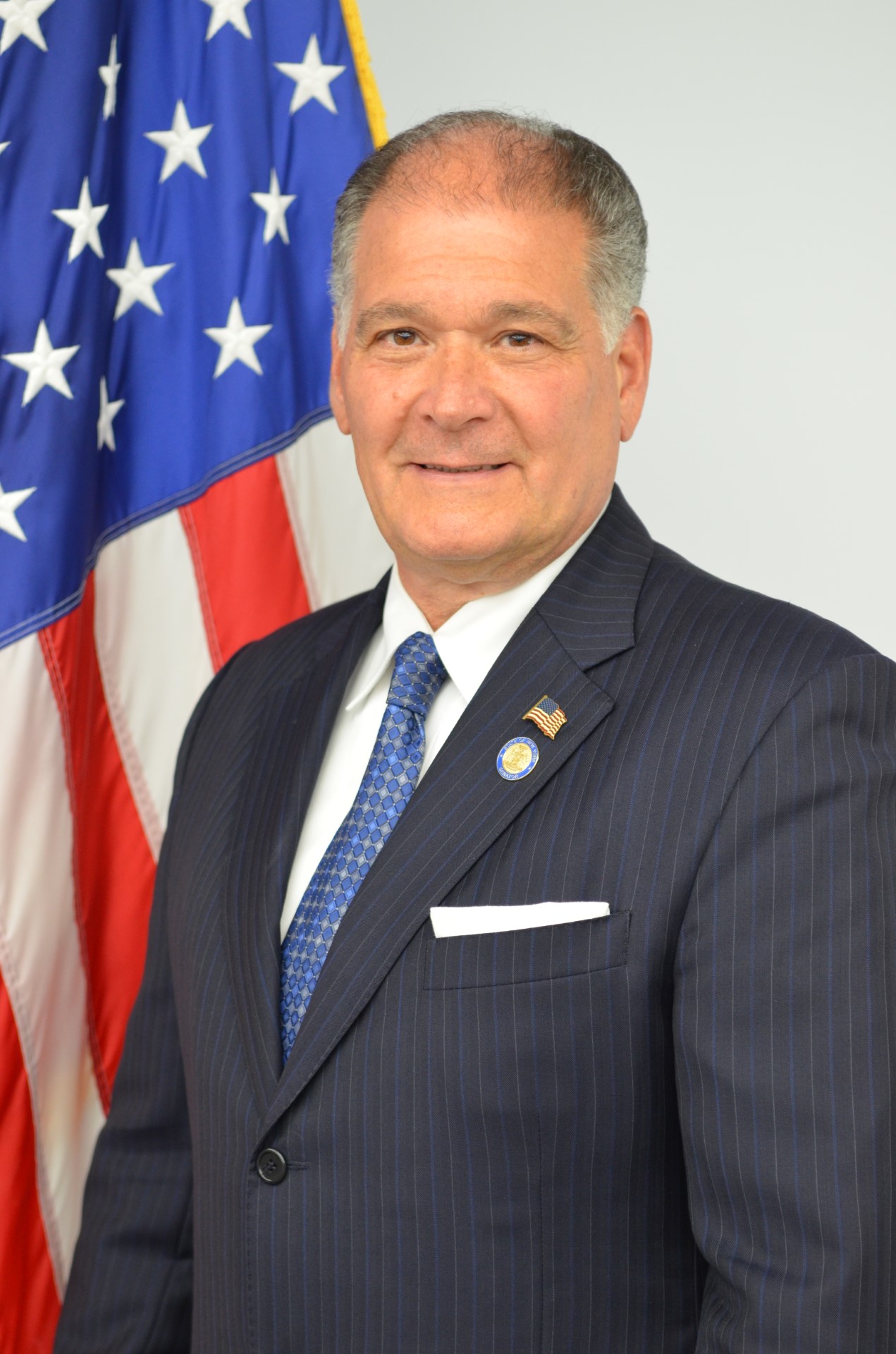

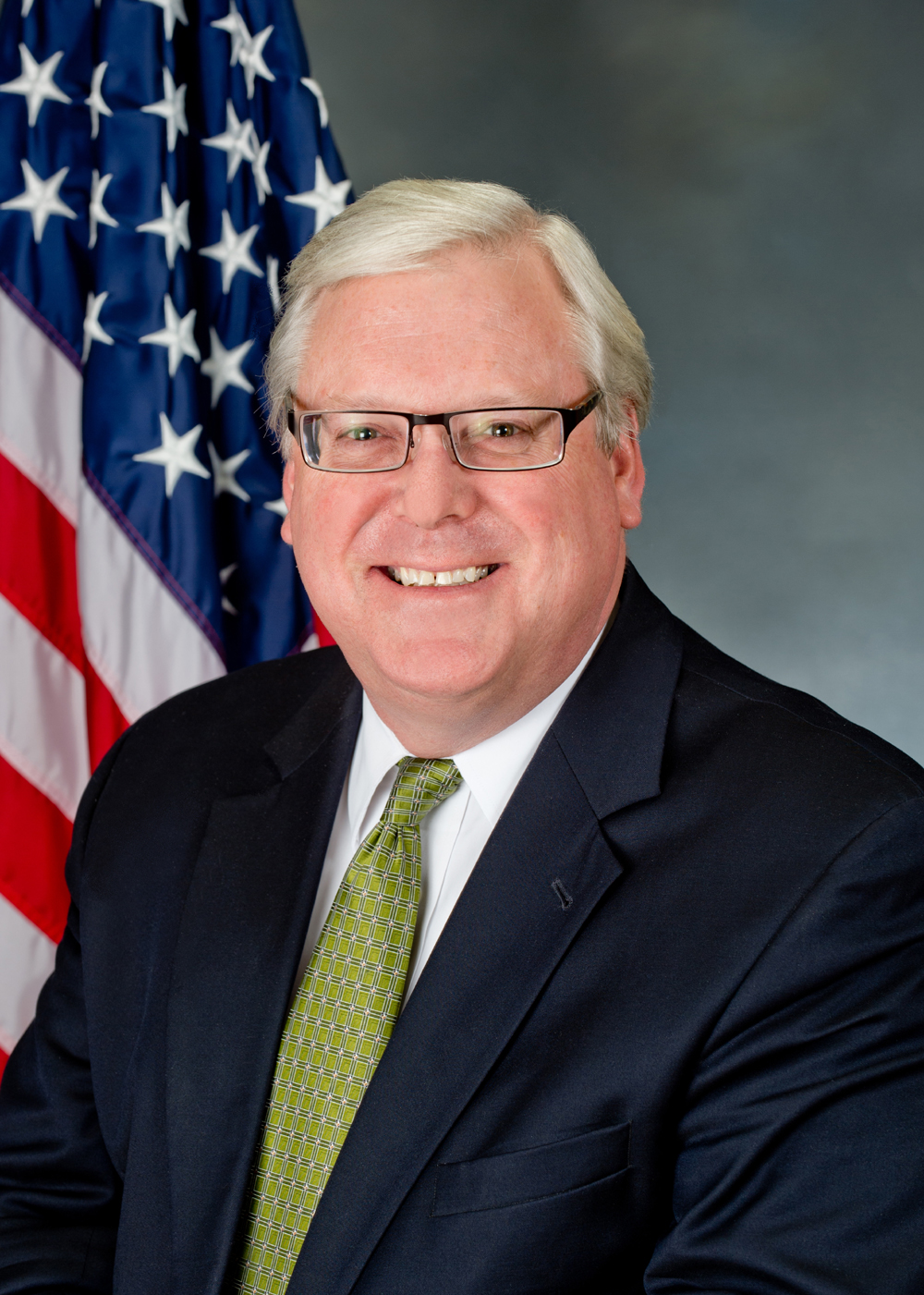
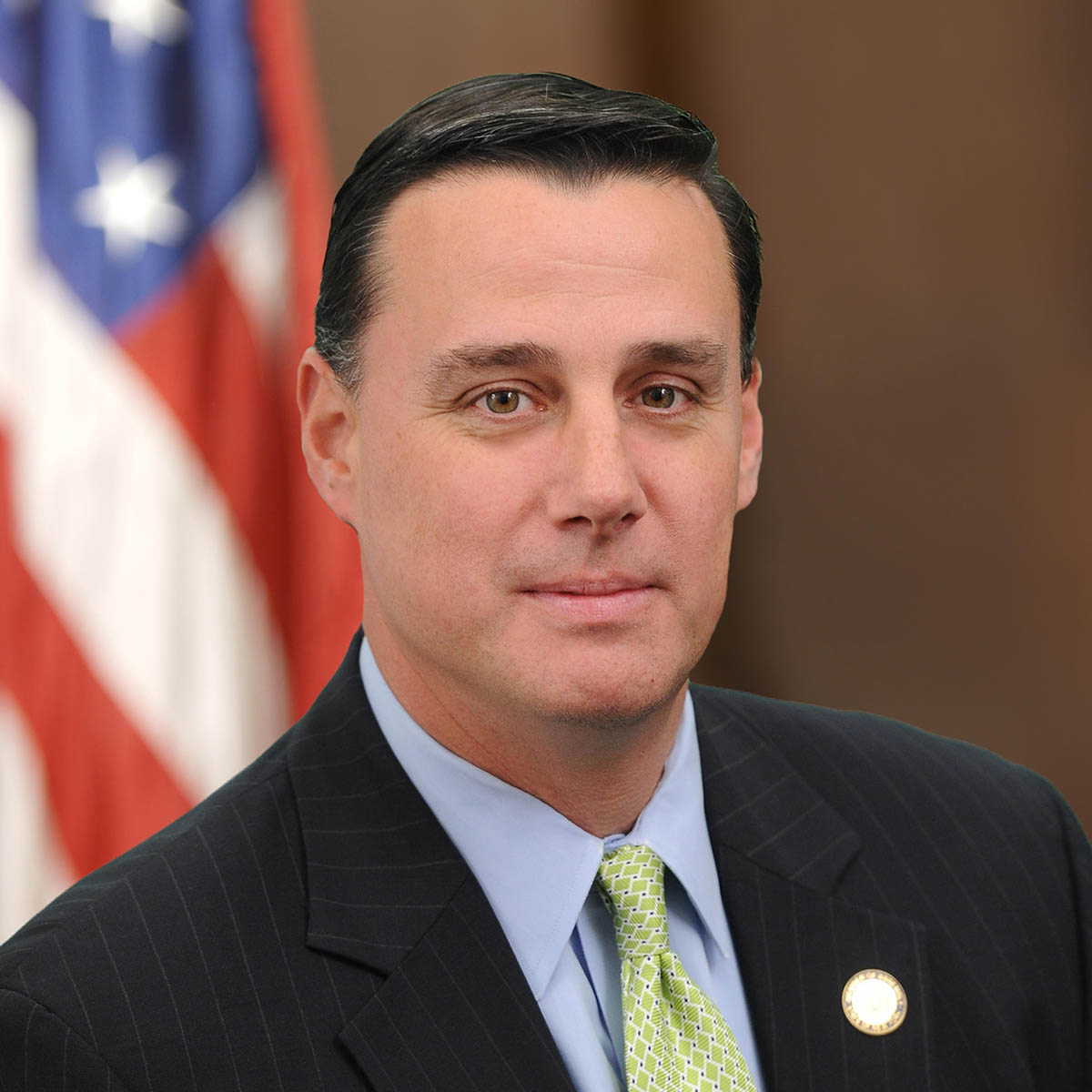
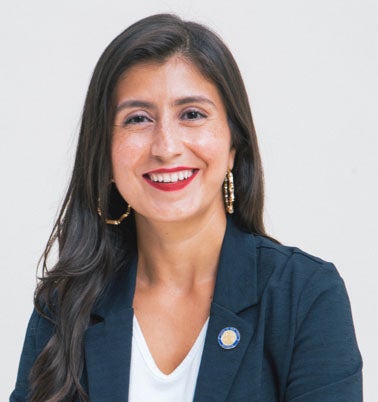
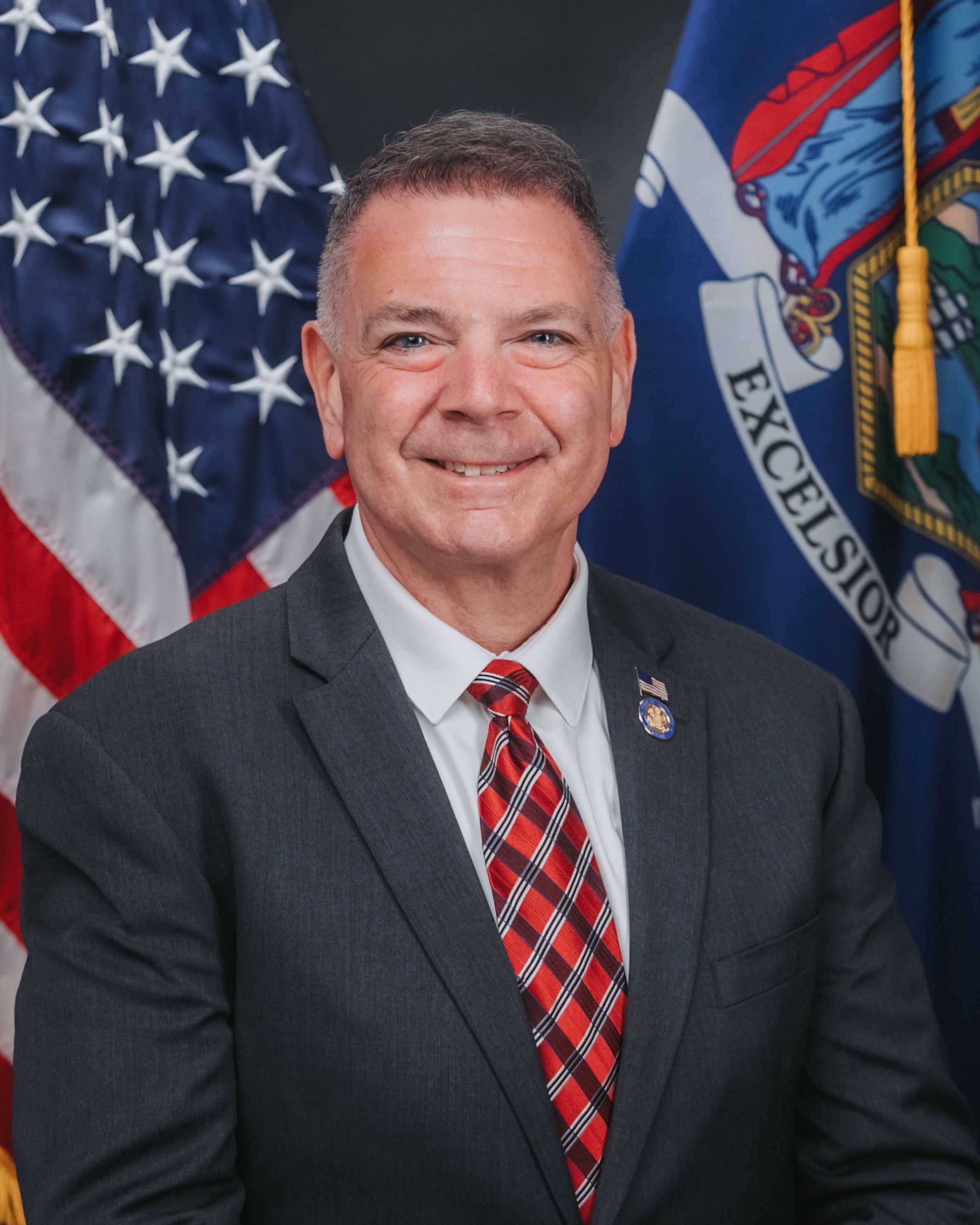
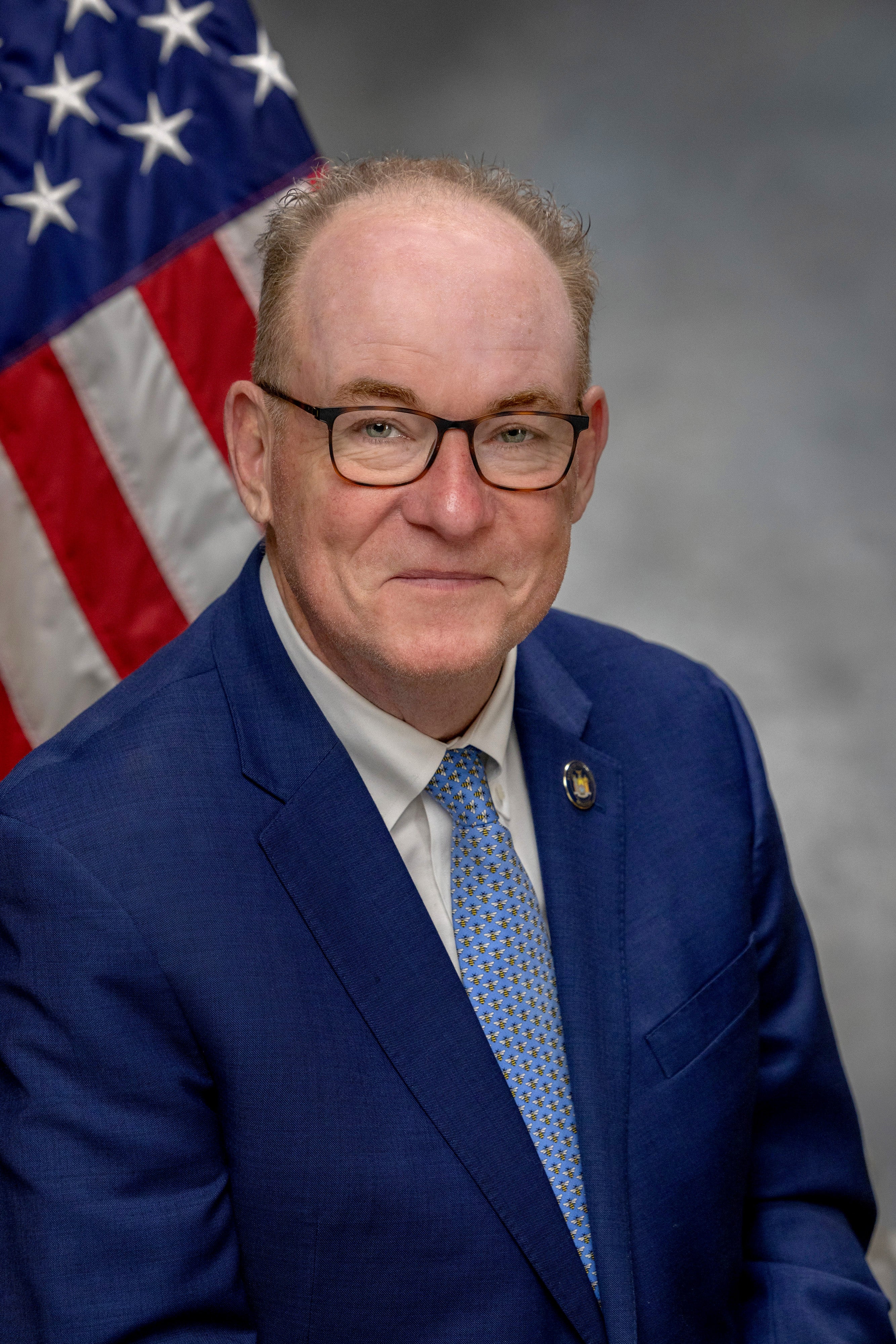
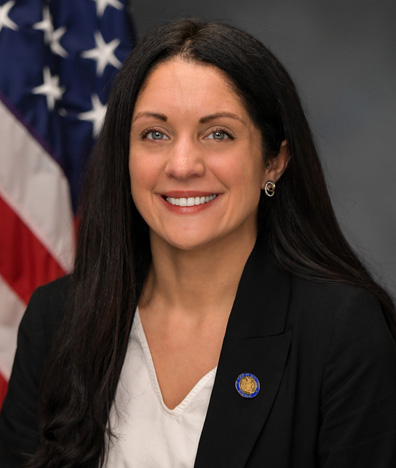
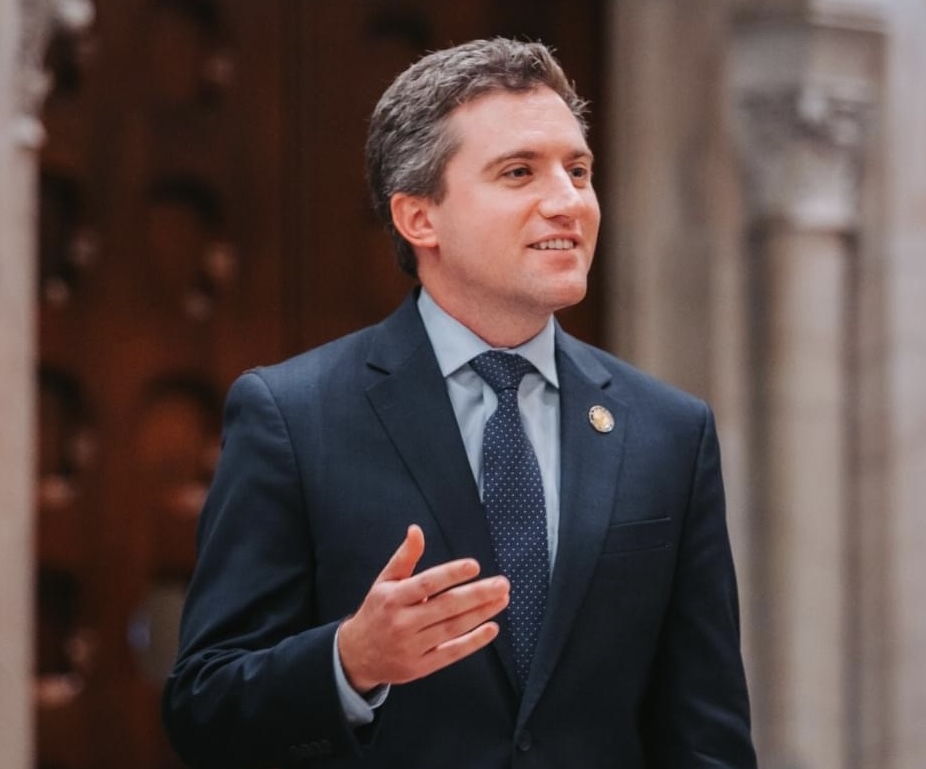

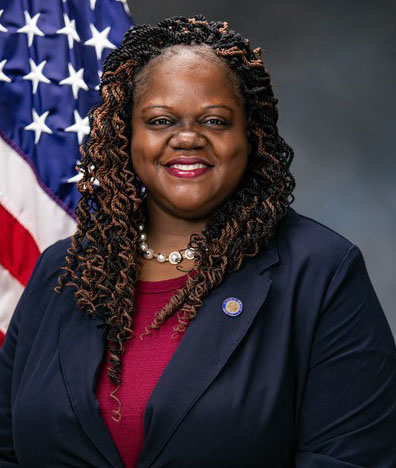
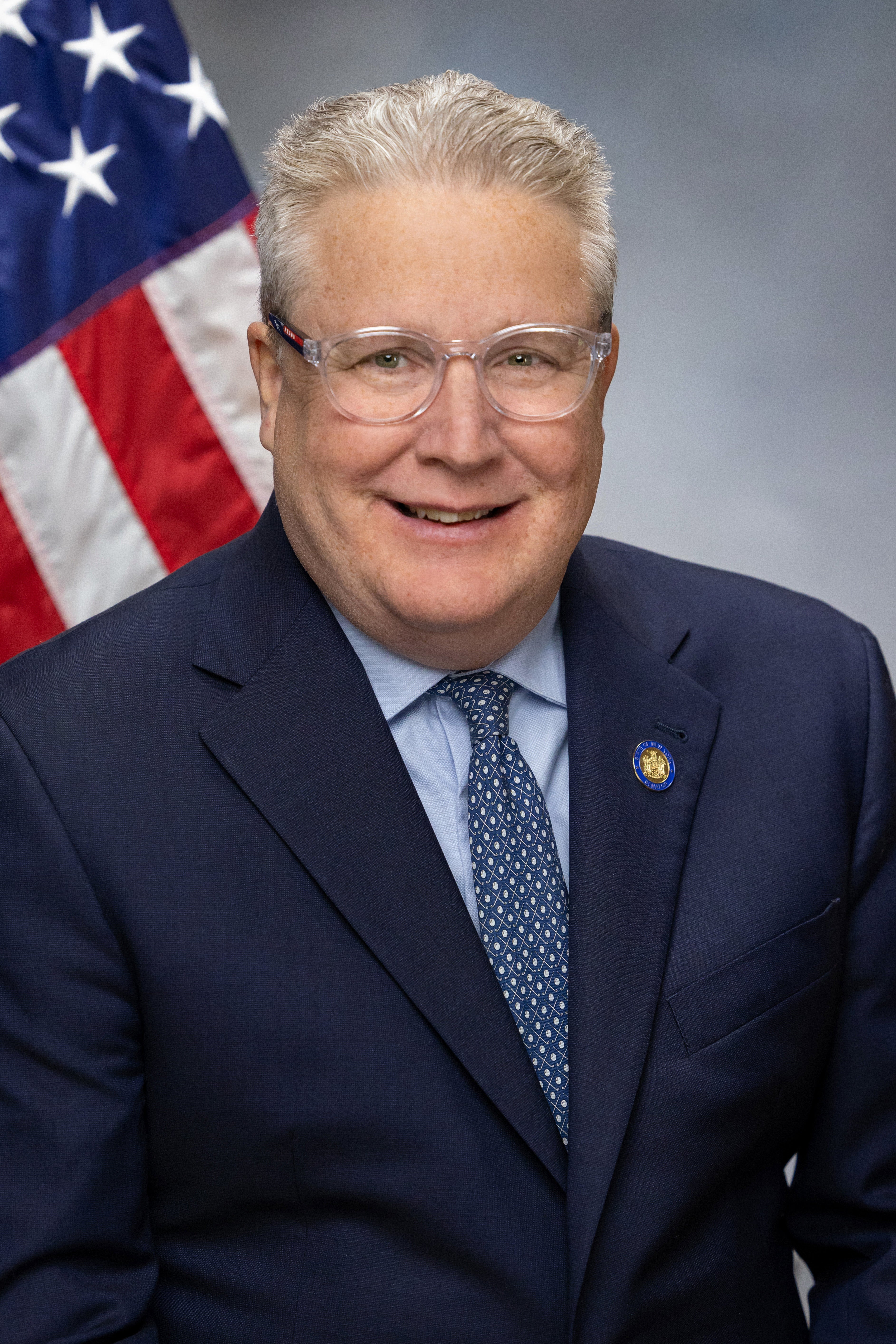

Let’s finally get this passed this year! I know it’s the assembly that holds everything up.
I fully support Bill S1183. Less than 1% of Americans serve in the military, and those of us who do often sacrifice everything—our physical health, mental well-being, and future earning potential—for the safety and freedom of this country. For veterans with 100% service-connected disabilities, life can be a daily struggle to survive, let alone thrive.
This bill is not just about financial relief; it’s about acknowledging the immense sacrifices made by the few who gave their all. Property taxes should not be an additional burden on veterans and their families who are already navigating life with significant challenges.
This exemption would allow us to live with dignity, security, and a sense of gratitude from the country we served. Please pass this bill—it’s a small but meaningful way to honor those who have given so much.
I wholeheartedly agree with the intent and spirit behind Bill S1183, and I fully support providing meaningful property tax relief to our 100% service-connected disabled veterans. As stated, less than 1% of Americans serve in the military, and those who do often bear lifelong burdens—physically, mentally, and financially—on behalf of our entire nation.
However, I am deeply concerned about the amended language in the bill, particularly the inclusion of the word “may.” This change gives local governments the discretion to decide whether or not to offer this exemption, effectively weakening the bill’s purpose. What was meant to be a guaranteed form of relief for our most severely disabled veterans now becomes optional, subject to local budget priorities and politics.
This kind of discretionary language opens the door to unequal treatment across municipalities, where some veterans might receive the exemption while others are denied—despite having made the same sacrifices. That’s not right, and it’s not in line with the bill’s original intent to honor and support our disabled veterans uniformly and fairly.
If we truly want to show our appreciation, the bill must include mandatory language—“shall” instead of “may.” Anything less falls short of the commitment we owe to those who gave so much for this country.
Please consider strengthening this bill so it delivers on its promise and ensures that no disabled veteran is left behind due to local discretion.
I wholeheartedly agree with the intent and spirit behind Bill S1183, and I fully support providing meaningful property tax relief to our 100% service-connected disabled veterans. As stated, less than 1% of Americans serve in the military, and those who do often bear lifelong burdens—physically, mentally, and financially—on behalf of our entire nation.
However, I am deeply concerned about the amended language in the bill, particularly the inclusion of the word “may.” This change gives local governments the discretion to decide whether or not to offer this exemption, effectively weakening the bill’s purpose. What was meant to be a guaranteed form of relief for our most severely disabled veterans now becomes optional, subject to local budget priorities and politics.
This kind of discretionary language opens the door to unequal treatment across municipalities, where some veterans might receive the exemption while others are denied—despite having made the same sacrifices. That’s not right, and it’s not in line with the bill’s original intent to honor and support our disabled veterans uniformly and fairly.
If we truly want to show our appreciation, the bill must include mandatory language—“shall” instead of “may.” Anything less falls short of the commitment we owe to those who gave so much for this country.
Please consider strengthening this bill so it delivers on its promise and ensures that no disabled veteran is left behind due to local discretion.
I wholeheartedly agree with the intent and spirit behind Bill S1183, and I fully support providing meaningful property tax relief to our 100% service-connected disabled veterans. As stated, less than 1% of Americans serve in the military, and those who do often bear lifelong burdens—physically, mentally, and financially—on behalf of our entire nation.
However, I am deeply concerned about the amended language in the bill, particularly the inclusion of the word “may.” This change gives local governments the discretion to decide whether or not to offer this exemption, effectively weakening the bill’s purpose. What was meant to be a guaranteed form of relief for our most severely disabled veterans now becomes optional, subject to local budget priorities and politics.
This kind of discretionary language opens the door to unequal treatment across municipalities, where some veterans might receive the exemption while others are denied—despite having made the same sacrifices. That’s not right, and it’s not in line with the bill’s original intent to honor and support our disabled veterans uniformly and fairly.
If we truly want to show our appreciation, the bill must include mandatory language—“shall” instead of “may.” Anything less falls short of the commitment we owe to those who gave so much for this country.
Please consider strengthening this bill so it delivers on its promise and ensures that no disabled veteran is left behind due to local discretion.
I wholeheartedly agree with the intent and spirit behind Bill S1183, and I fully support providing meaningful property tax relief to our 100% service-connected disabled veterans. As stated, less than 1% of Americans serve in the military, and those who do often bear lifelong burdens—physically, mentally, and financially—on behalf of our entire nation.However, I am deeply concerned about the amended language in the bill, particularly the inclusion of the word “may.” This change gives local governments the discretion to decide whether or not to offer this exemption, effectively weakening the bill’s purpose. What was meant to be a guaranteed form of relief for our most severely disabled veterans now becomes optional, subject to local budget priorities and politics.
This kind of discretionary language opens the door to unequal treatment across municipalities, where some veterans might receive the exemption while others are denied—despite having made the same sacrifices. That’s not right, and it’s not in line with the bill’s original intent to honor and support our disabled veterans uniformly and fairly.
If we truly want to show our appreciation, the bill must include mandatory language—“shall” instead of “may.” Anything less falls short of the commitment we owe to those who gave so much for this country.
Please consider strengthening this bill so it delivers on its promise and ensures that no disabled veteran is left behind due to local discretion.However, I am deeply concerned about the amended language in the bill, particularly the inclusion of the word “may.” This change gives local governments the discretion to decide whether or not to offer this exemption, effectively weakening the bill’s purpose. What was meant to be a guaranteed form of relief for our most severely disabled veterans now becomes optional, subject to local budget priorities and politics.This kind of discretionary language opens the door to unequal treatment across municipalities, where some veterans might receive the exemption while others are denied—despite having made the same sacrifices. That’s not right, and it’s not in line with the bill’s original intent to honor and support our disabled veterans uniformly and fairly.If we truly want to show our appreciation, the bill must include mandatory language—“shall” instead of “may.” Anything less falls short of the commitment we owe to those who gave so much for this country.
In the past, the school district I was part of refused to provide any tax relief to disabled veterans. It wasn’t until one determined individual rallied a large coalition of voters that the district was finally pressured into slightly reducing the tax burden for disabled veterans. Recently, Connecticut passed a similar bill—but importantly, it did not include the discretionary “may” language that would allow local governments to sidestep their fiscal responsibility to 100% permanently disabled veterans. I believe New York should follow this example by ensuring that its laws contain clear and mandatory language, so our veterans are treated fairly and not left behind after sacrificing so much for their country.
Just to clarify — for sections (III) and (IV), does that mean the veteran also has to be rated as individually unemployable by the VA and either be eligible for or have received financial assistance from the government? Connecticut recently passed a similar law, but it doesn’t include language like this. Taking that part out actually makes it easier for veterans to qualify for the exemption.
The language in sections (lll) and (lV) need to be written to support all 100% disabled veterans whether they are working or not. Please change the bill to support all 100% disabled veterans.
sections (III) and (IV), does that mean the veteran also has to be rated as individually unemployable by the VA and either be eligible for or have received financial assistance from the government? Connecticut recently passed a similar law, but it doesn’t include language like this. Taking that part out actually makes it easier for veterans to qualify for the exemption. I agree with the poster above, this needs to be stricken and opened up to all 100% rated veterans whether they are working or not.
Our legislators are absolute trash. This bill is useless, and a law is not a law with words like "MAY"
18 other states offer a REAL tax exemption for ALL 100% disabled veterans. This ONLY gives it to 100% vets who get housing assistance for home modifications. Typical NYS weak sauce. It’s better than nothing, for sure. But don’t let them fool you, the bill is a lie and is misleading. It’s only for a very select few 100% vets, but not ALL 100% vets.
Let’s ALSO be clear: Assembly Bill 74-A realized this, and specifically removed that requirement for housing assistance for home modifications, and actually WAS for ALL 100% disabled vets. But just as always, these sneaky, spineless jellyfish went and RE—AMENDED the restriction back in (by substituting this Senate bill language in S.1183 for A74-A). Thought we wouldn’t notice. Well, we did. No spines. Typical politician sidestep.
100% p&t + TDIU + PECUNIARY ASSISTANCE = tax exemption? This makes no sense if reads like that, am I missing something some please help me understand.
You have to fix this bill. The amount of restrictions on this is completely unacceptable. There are many 100% Permanent and Totally disabled Vets that will not qualify for this because they didn't get a home modification. Also, this bill discourages 100% Disabled Veterans from seeking a way to meaningful employment.
This bill is a complete waste of time. It takes a subset of veterans - 100% disabled veterans - and initially gives them hope for relief, and then with the amendment - moves the goal post and tells these veterans that their 100% disabled isn't 'disabled enough'. If you so happen to meet the additional requirements, you then have to happen to live in a municipality that chooses to implement the law. This entire bill is an offensive charade. Probably fewer than 50 veterans in the entire state will get the full property tax relief. So incredibly disappointing.
I am deeply disappointed in the changes to this proposed bill. First, you have put the wording that the local County, City or School District "MAY" adopt this bill. You are the lawmakers and have taken the teeth out of this legislation.
Next, you have placed so many requirements on top of a 100% Disabled Veterans that you have created a bill that is so selective in an already selective group of Veterans.
You have established another systematic barrier for Veterans to receive some tax relief.
This bill has been watered down and does not deliver financial relief to Veterans in the State of New York. Truly disappointed and will be relaying this to all Veterans Organizations within New York.
You need to return to the original language of 100% service connected disabled veteran without all of these additional caveats and strike the work "May".
This Bill is limited at best. It is better then Nothing, which is what the 100% disabled veterans usually get in NY, but Lets dive deeper. The first concern is the "May" added to the text. This means that it will be up to the individual municipality to either accpet this or not. Meaning at best the municipalities that do accept this will give an affect in about 2 years. Local municipalities will have to pass laws allowing or adopting this exemption or not.
Next is more concerning, "“qualifying condition” means a diagnosis of post-traumatic stress disorder or traumatic brain injury made by, or an experience of military sexual trauma". No mention of any other qualifying conditions. So if you do not have PTSD, a TBI or your not a victim of trauma of Sexual nature, you do not qualify. Then to get the exemption you must proof up to the State and municipality your medical condition with a letter from your doctor. No Hippa violations here!
Now lets get into the rest of the bill. Pecurinary Assistance means you have to be recieving VA Disablity Compensation for your injury. Veterans Disability Compensation is considered pecuniary assistance from the United States Government because it is a direct monetary payment provided by the VA to support veterans with service-connected disabilities. Also SSDI is considered pecurinary assitance.
To sum this up, you have to have a TBI, PTSD or Sexual Trauma, be rated 100% P&T and have Individual umemployability (IU) and be recieving VA disablity compensation. Finally a municipality "MAY or May Not" choose to be in this, it is up to them if it passes.
So, how many veterans will meet these criteria and what the impact will be is to be determined. At best maybe a few thousand veterans will qualify and of those how many own homes. Most don't. It would open does to some to home ownership, but the very narrow aspect of this law will limit who qualifies.
There is a confict in the law. If you are rated 100% P&T you do not need IU. IU is for verterans who are not P&T and or not 100% rated. If you are shedular Rated 100% P&T you do not need IU. That will need to be clarified.
(B) (I) IS CONSIDERED TO BE PERMANENTLY AND TOTALLY DISABLED AS A
RESULT OF MILITARY SERVICE;
(II) IS RATED ONE HUNDRED PERCENT DISABLED BY THE UNITED STATES
DEPARTMENT OF VETERANS AFFAIRS;
(III) HAS BEEN RATED BY THE UNITED STATES DEPARTMENT OF VETERANS
AFFAIRS AS INDIVIDUALLY UNEMPLOYABLE; AND
This bill is performative. It allows the State Government to say they did something, point the finger at someone else when nothing happens and campaign on it while accomplishing nothing.
Please introduce and pass a bill that does something. Veterans already have a disability rating system. Base it on that. And mandate that everyone must follow it.
If you want help, I'll draft it for you.
Is this going to the governors desk anytime soon? What's the hold up? Let's finally get on-board with 21 other states and make this happen for the veterans who sacrificed so much!
As always Veterans in NYS are treated as second class citizens, iwhen we ask for support we always get the worst part of the deal, why is the word May included and why does this bill not apply to all 100% disabled veterans, there are plenty of vets who have issues which aren't physical, this is discriminatory and mediocre at best.
I am happy New York is doing this.
I am happy to see so many of you interested in how this will effect veterans; I am a veteran, P&T disabled.
I saw many posts pointing out the limitation using the word MAY, so it falls on us to be active to get this included in our local areas when this is signed in.
I noticed a few posts concerned about the qualifications listed to obtain this exemption if your County/City/Town/Village/School District adopt this. At first I was concerned too. You have to pay attention to the AND and OR locations, and knowing the levels of VA Disability helps. I wasn't always P&T.
skipping (a) as this is saying what discharge you got matters and tries to include LGBT that may have gotten less than honorable because of policies like Don't Ask, Don't Tell.
(b) (i) Permanent and Total is the highest rating and Permanent* - You are Included
(b) (ii) Rated 100% is the highest rating but the VA hasn't given you the P&T - Maybe your condition is treatable or hasn't been treated long enough to know - You are Included
The last bit is an inclusive bit to the bill that would benefit a few I know.
(b) (iii & iiii) IU (Individually Unemployability) is a bump to any veteran who's actual disability rating is 70-90% but has been deemed Unemployable and is given a pseudo 100% for purpose of benefits (Monetary, Insurances, home loan, burial, schooling for spouses, etc.). Their actual disability rating is not 100% and your state of New York is including them too BUT IF they utilize SAH, SHA, TRA etc. and I urge disabled veterans to look into these.
I hope that answers everyone's questions about how this seems to be. So when this is finalized in state you can more easily push your local governments to follow.
*There is a short period where the VA is given to revoke permanency. - Basically don't commit fraud to get a higher rating.
Well does anyone know when the Governor will sign this into law?
The governor most likely save it for Veterans Day. Photo opp queen.
That would be nice!
My father served during the Vietnam War and is 100% disabled. He carries several visible injuries, and many others that can’t be seen. I’ve always felt that a part of him was left behind in that war. This bill would make a meaningful difference in his life and in the lives of countless other veterans who sacrificed so much for our country. I truly hope Governor Hochul will do the right thing by standing with those who have already given so much in service to this nation.
My father served during the Vietnam War and is 100% disabled. He carries several visible injuries — and many others that can’t be seen. I’ve always felt that a part of him was left behind in that war. This bill would make a meaningful difference in his life and in the lives of countless other veterans who sacrificed so much for our country. I truly hope Governor Hochul will do the right thing by standing with those who have already given so much in service to this nation.
Well I guess this one ain't getting signed today
Veterans day come and gone, nothing, only crap that really doesn't help Veterans at all...PASS THIS
Seriously signed 3 other “veteran bills” that do absolutely nothing except give her a headline. I hate this state
Please pass and consider striking the option to adopt in favor of required participation. We are nearing year end and this would be a welcome relief to many veterans who would qualify. Taking care of veterans should be a bipartisan priority.
While symbolic gestures like declaring New York a “Purple Heart State” are appreciated, they don’t solve the genuine problems facing veterans who are 100% disabled and struggling every day. The bill in question would offer practical, life-changing relief, yet it continues to stall.
New York is home to more than half a million veterans, and federal data shows that roughly 30% live with a service-connected disability. A significant share of those veterans are rated 100% disabled, meaning they face the highest level of physical, financial, and medical challenges. For them, this legislation isn’t a luxury; it’s a necessity.
Other states have enacted far stronger support systems for their 100% disabled veterans, including expanded property-tax exemptions, housing protections, and comprehensive benefit programs. New York, despite its size and resources, still lags.
This bill, or versions of it, has circulated for years without meaningful progress. The pattern is familiar: lawmakers highlight symbolic honors while practical support quietly dies in committee.
Veterans in this state have learned not to expect much. Unfortunately, even those low expectations are often unmet. And token gestures, like a free fishing license, do little for someone rated 100% disabled who’s worried about keeping a roof overhead.